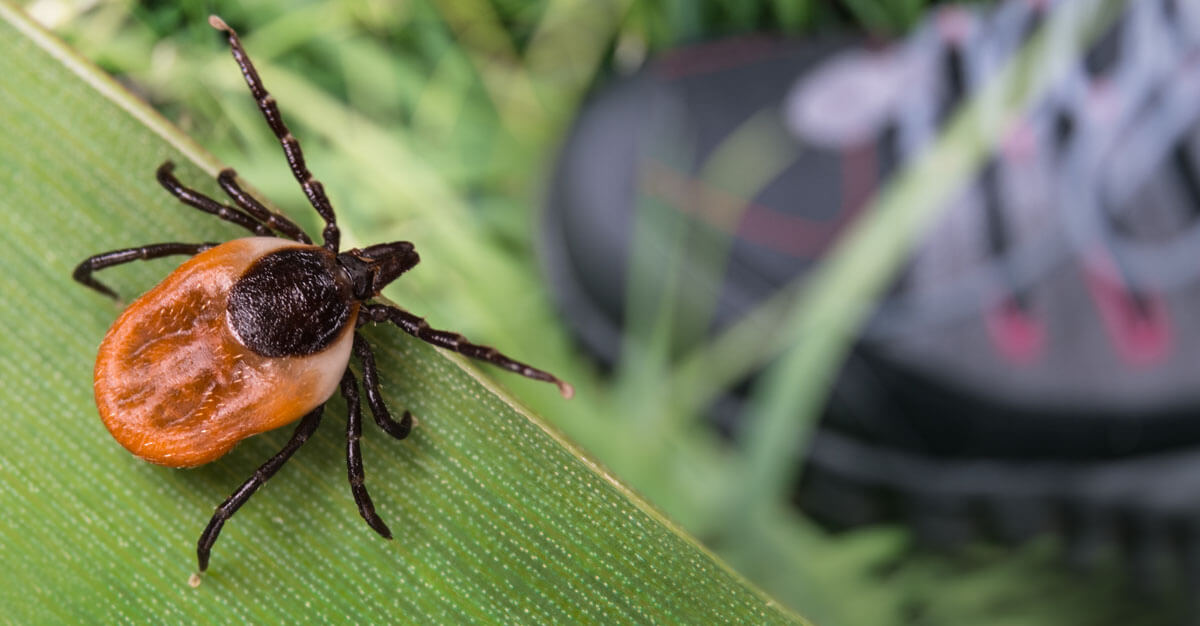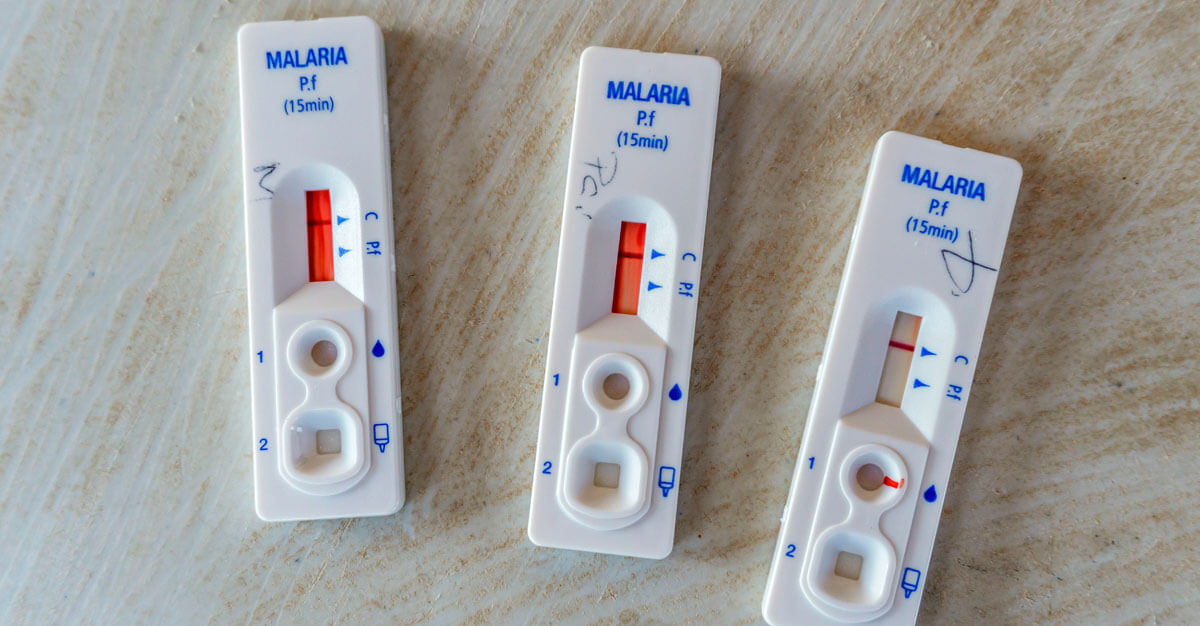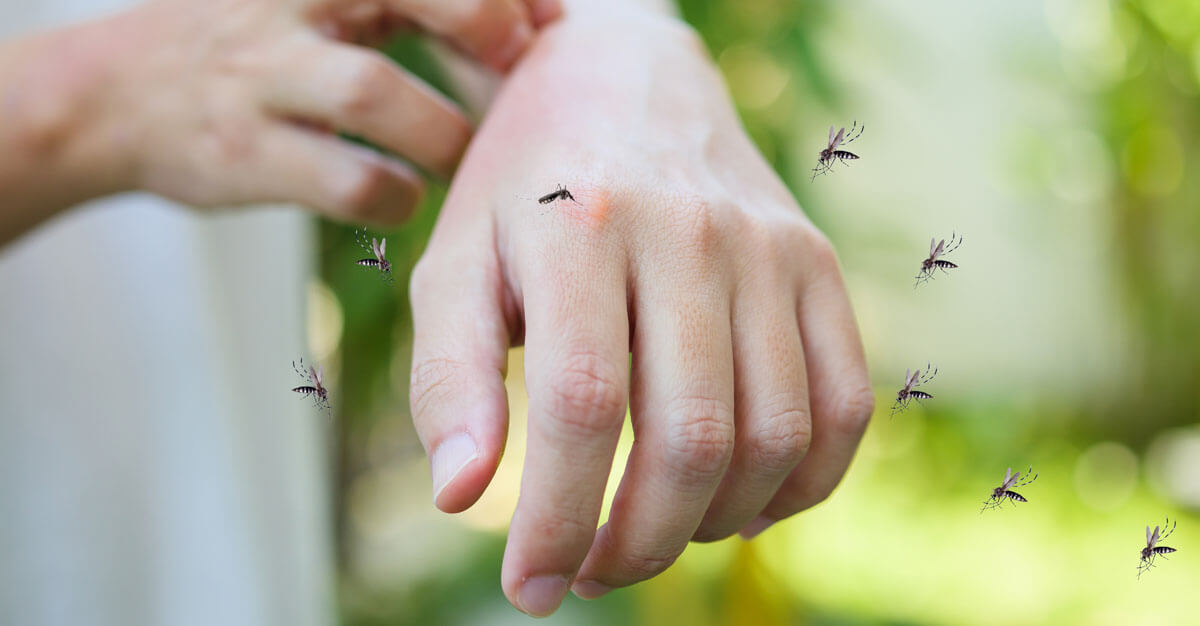
Living with a disability can make it hard to get around sometimes. This is especially true when it comes to traveling. There are many destinations that cannot be accessed by people in wheelchairs and walkers. A number of steps have been taken by Jerusalem to make their guests’ experiences memorable, and most importantly, accessible.









